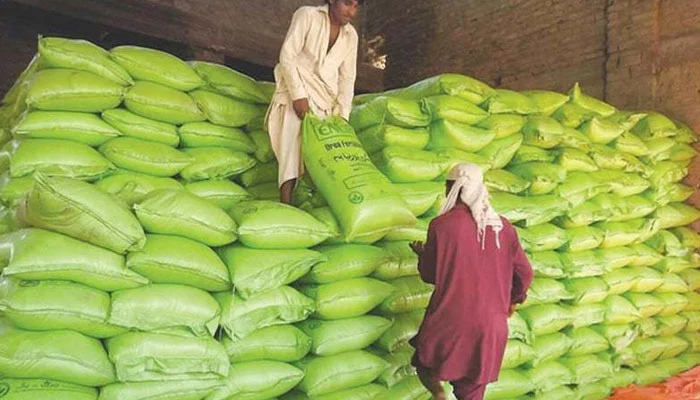In response to the artificial fertilizer shortage, the caretaker federal government in Pakistan has issued a notice to address the critical situation, particularly in the production of cotton, a key crop for the country’s economy. Gohar Ijaz, the Caretaker Minister for Industries and Commerce, announced the government’s move to tackle the issue and issued directives to the factories involved in fertilizer production.
Minister Ijaz emphasized that the factories producing fertilizer should ensure an uninterrupted supply to prevent any shortage in the production and distribution of cotton. The shortage of artificial fertilizers can have a significant impact on agricultural yields, affecting the livelihoods of farmers and the overall economy.
He further explained that the government has taken measures to address the situation, including issuing orders for the import of additional cotton and other crops. To streamline the import process, orders have been placed for daily shipments of cotton to arrive at the ports starting from December 20th.
Minister Ijaz outlined that the government aims to ensure the availability of fertilizer at the designated rates, facilitating the cultivation of wheat and other crops. The move is crucial to maintain agricultural productivity and prevent adverse effects on the national economy, given the importance of agriculture as a major sector in Pakistan.
The government’s intervention comes as part of its efforts to stabilize the agricultural sector and provide support to farmers during the critical planting season. The shortage of artificial fertilizer has raised concerns about potential disruptions in the supply chain and its cascading impact on the overall food security of the country.
Farmers heavily rely on fertilizers to enhance soil fertility and promote robust crop growth. Any disruption in the availability of these essential inputs can lead to reduced crop yields, negatively impacting farmers’ income and potentially causing a ripple effect throughout the economy.
As the government takes proactive measures to address the artificial fertilizer shortage, it underscores the significance of ensuring a stable and resilient agricultural sector for the well-being of the nation. The situation will be closely monitored to gauge the effectiveness of these interventions and their impact on sustaining agricultural productivity in the coming months.



